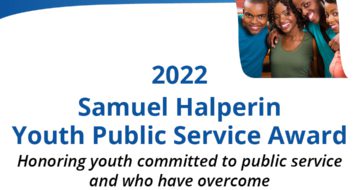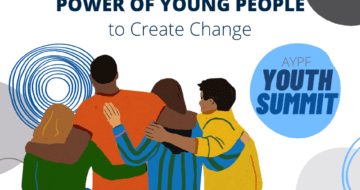Youth need a wide range of knowledge, skills, competencies, and behaviors (academic, employability, social, and emotional) to be successful. Schools are one setting to develop these skills, but youth learn many of these skills in non-school settings, such as afterschool and summer learning programs, service learning, volunteer projects, clubs, sports, work-based learning, and virtually.
Low-income and traditionally underserved youth have less access to high-quality out-of-school time learning programs than their wealthier peers. High-quality OST programs must be available to these youth so they have equitable opportunities to develop the knowledge, skills, and behaviors needed for success. To obtain a more comprehensive view of Afterschool and OST learning, please see the issue areas below.
NEW – You also may be interested in the book, “Making It: What Today’s Kids Need for Tomorrow’s World,” by Stephanie Malia Krauss. View an introduction to the author.
Issue Areas
It is important for youth to develop, master, and be exposed and/or equipped with the skills that employers find valuable when entering the workforce. This includes cognitive skills, such as academic proficiencies, and non-cognitive skills, such as cultural awareness.
AYPF weaves equity throughout our work and is committed to making sure that all youth have access to quality education, workforce, and developmental opportunities regardless of their socio-economic status, racial/cultural differences, physical abilities, developmental needs, and geographical locations. AYPF has consistently worked to identify and highlight the needs of traditionally underserved youth populations.
OST System Building refers to the building of citywide, statewide, or coordinated systems to increase the collaboration, quality, availability, and efficiency of OST programs for youth.
School and Community Partnerships refers to the various stakeholders involved in youth development and learning to help facilitate access to a range of opportunities and supports. The collaborative efforts of these groups generally exceeds what one organization or group can do alone.
Skill Development refers to the mastery of academic and technical content youth need in order to develop a range of non-academic, social and emotional, and employability skills. These skills are sometimes referred to as ‘soft skills’ and are seen as essential in order for youth to be successful in college, career, and beyond.
Social and emotional learning (SEL) refers to the accumulation of a range of knowledge, skills, and dispositions necessary to understand and manage emotions, set and achieve goals, feel and show empathy for others, establish and maintain relationships, and make responsible decisions.
STEM refers to curriculum based on Science, Technology, Engineering, and Math using an integrated and applied approach.
Youth Leadership and Voice refers to the ideas, knowledge, opinions, and access to the platforms that are necessary for youth to exercise their right to speak out about issues and policies that directly or indirectly affect them.



